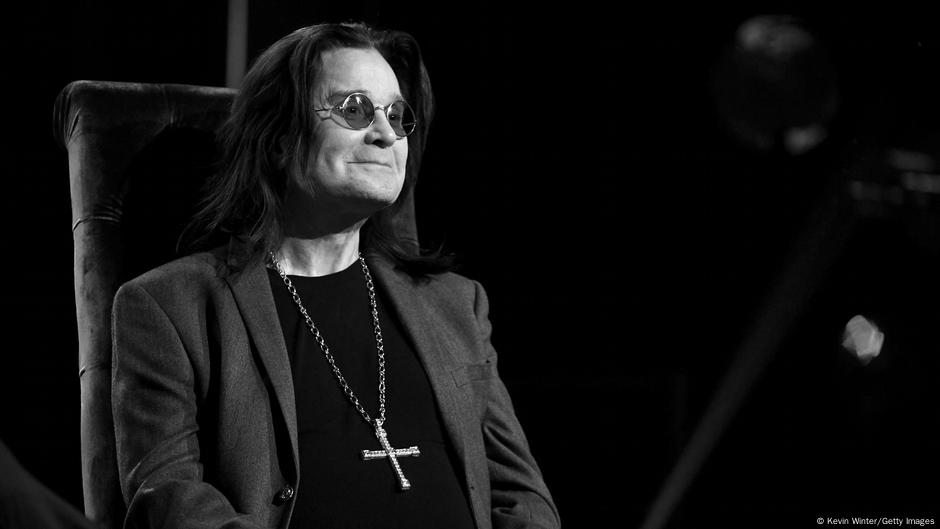
The Legacy of a Heavy Metal Icon
John Michael "Ozzy" Osbourne, the legendary figure of heavy metal music, has passed away at the age of 76. His death marks the end of an extraordinary journey that shaped the world of rock and roll. Known for his iconic moniker "The Prince of Darkness," Osbourne's career spanned decades, leaving an indelible mark on the music industry.
Early Life and Rise to Fame
Born on December 3, 1948, in Birmingham, England, Osbourne grew up in a city that was a hotbed for musical innovation. He was raised among many other Birmingham bands, including Black Sabbath's rivals, Led Zeppelin. At just 15, he left school and took on various jobs, including plumbing and working in a slaughterhouse. His early life was marked by instability, but it also laid the foundation for his future success.
In 1968, Osbourne formed a band called Polka Tulk Blues with Geezer Butler, Tony Iommi, and Bill Ward. They later changed their name to Earth and eventually became Black Sabbath. Their unique sound, characterized by heavy riffs and dark lyrics, quickly gained attention. By 1970, the band released their self-titled debut album and "Paranoid," both of which were massive hits, selling over a million copies each.
Substance Abuse and Career Shifts
Despite his rising fame, Osbourne struggled with substance abuse. He often used drugs and alcohol to cope with the pressures of touring and performing. This addiction led to his departure from Black Sabbath in 1979. However, this setback turned into a new beginning for him. After a period of rehab and recovery, Osbourne launched a successful solo career, releasing 13 studio albums. His debut solo album, "Blizzard of Ozz," included the hit single "Crazy Train," which reached the top 10 in the US.
Osbourne's wild persona extended beyond his music. He became infamous for biting the head off a live bat during a performance, claiming he thought it was a toy. This incident added to his reputation as a controversial and unpredictable performer.
Reunion and Reality TV
In 1997, Osbourne reunited with Black Sabbath, marking a significant moment in his career. That same year, he founded the Ozzfest metal music festival. He continued to be a part of the band until their final studio album, "13," was released in 2013. The band's last performance, titled "Back to the Beginning," took place in their hometown of Birmingham in July 2025.
In the early 2000s, Osbourne became a household name through the reality TV show "The Osbournes." The show featured his family living in Los Angeles and provided a glimpse into his personal life. During this time, he claimed to have quit smoking, drinking, and taking drugs, describing himself as "quite boring these days."
Health Struggles and Final Years
Despite his public claims of being healthy, Osbourne faced numerous health challenges. In 2019, he suffered a fall at his home in Los Angeles, leading to hospitalization and spinal surgery. He also battled pneumonia, which complicated his recovery. Despite these setbacks, he released a new single, "Straight to Hell," in 2020, which was well-received by fans.
In 2020, Osbourne and his wife revealed that he had been diagnosed with Parkinson's disease. Although he expressed hope that his fans would continue to support him, the disease eventually took its toll. Osbourne's final album, "Patient Number 9," was released in September 2022.
A Lasting Impact
Throughout his life, Osbourne faced numerous challenges, including addiction, health issues, and personal struggles. Yet, he never stopped creating music or entertaining his fans. His legacy is not just in the songs he wrote or the albums he produced, but in the way he inspired generations of musicians and fans alike.
Ozzy Osbourne's journey from a troubled youth to a global icon is a testament to his resilience and passion for music. His contributions to the world of heavy metal will continue to be celebrated for years to come.
